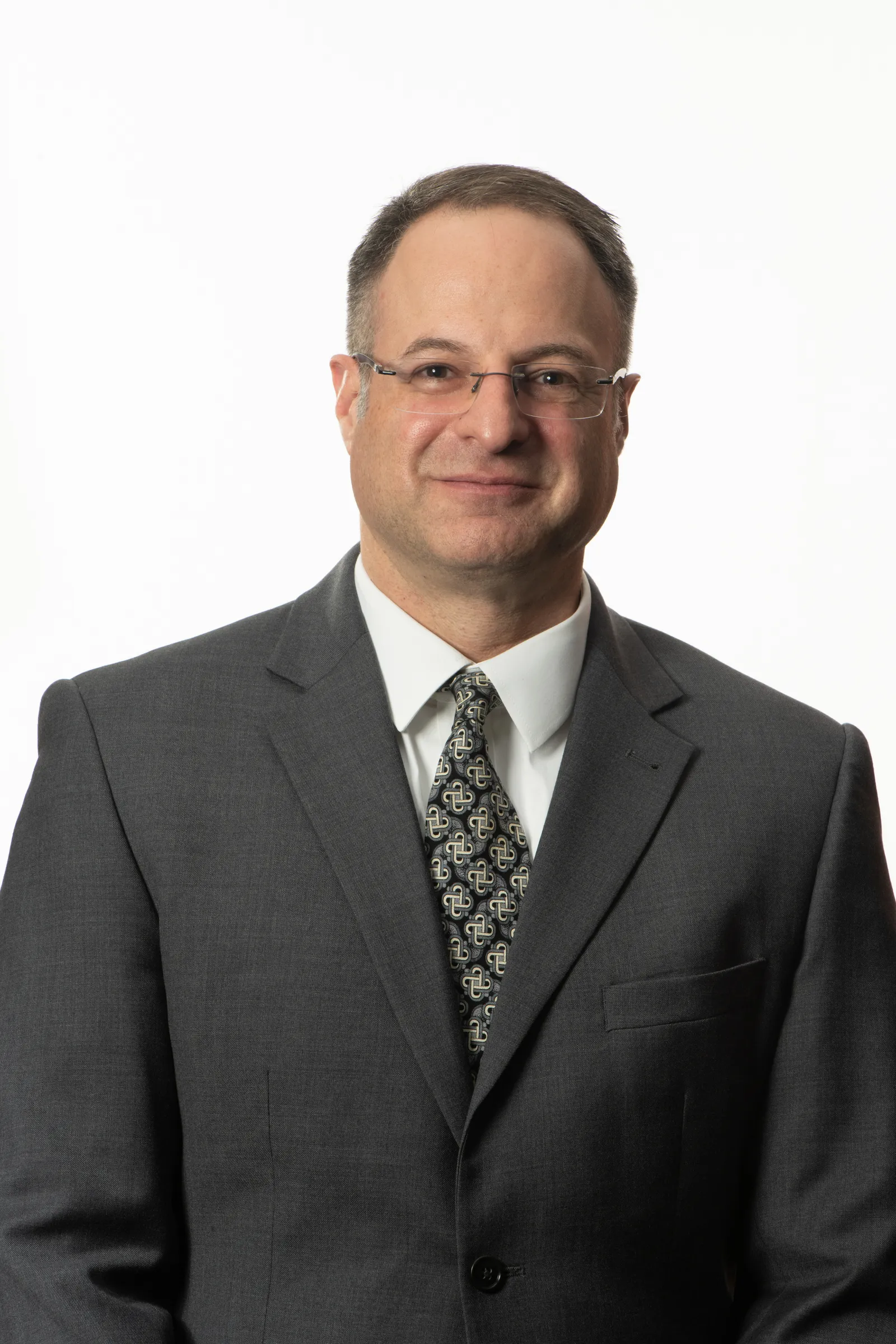Marcus Hotaling is the director of the Eppler-Wolff Counseling Center at Union College in Schenectady, New York, and president of the Association for University and College Counseling Center Directors.

Major losses in my profession, as a campus counseling center director, are soon to reverberate.
Three prominent counseling center directors recently posted that their positions had been eliminated, as their universities “decided to go a different direction.” This disturbing trend is happening, perhaps out of distress, along with “reorganizations” at multiple institutions over previous months.
As president of the Association for University and College Counseling Center Directors, I know that schools are struggling to address the student mental health crisis.
Despite increased funding to support students’ mental health needs, there is still much more to be done to address this issue. The needs are evident everywhere on campus, with faculty, staff and students encountering this on a daily basis. Faculty members at one institution believe they should get a pay raise for addressing it.
Higher education, like any industry, is one that follows trends. Yet if this trend continues, we are going to see a similar rendering of what happened in the late 1990s and early 2000s, when many college administrators were wooed by managed care companies, insurance companies and hospitals to provide mental healthcare for students. One former counseling center director, whose staff was laid off as a result, said the outside entity hired counseling center staff that were laid off, paid them less and didn't provide benefits equal to those they had when working directly for the college.
In all of these situations, the colleges inevitably realized that this decision to outsource was short-sighted and the counseling centers were ultimately reopened on campuses. We will see how this plays out in the future, but if history is to repeat itself, it will not be an effective strategy.
After all, higher education often touts strong benefits as one of the reasons it pays less than the private sector. Once counseling center staff are not receiving their college or university benefits, people will leave, thereby impacting students, staff and morale. Secondly, once the hospital recognizes that it will not profit from college student mental health counseling, it will ultimately turn the counseling center back to the institution.
I am not advocating against an integrated wellness and mental health model. If done correctly, it can be one of the best tools for institutions to address student physical health and mental health needs, as research shows the two are significantly related. Many colleges are moving towards executive directors or associate vice presidents of wellness, a move I support.
However, this approach should not entail eliminating mental health directors.
It will backfire.
Having a staff member, ideally a director, trained specifically in mental health, with access to best practices, accreditation standards and management experience is imperative to overseeing a department that has likely been over-utilized and understaffed for some time.
Higher education is at a crossroads. Costs are rising and college presidents and boards need to make hard decisions. Mental health concerns among our students are also rising, and when we accept a student, we accept them with all that they bring to campus: their academic successes, their athletic skills as well as their mental health. Deciding to cut costs by cutting mental health services makes no sense.
As decisions are reached, especially around mental health, I urge they be made with informed, strategic steps that make sense for the campus. Any costs that leaders think they might be saving by eliminating a counseling center director or counseling staff will be lost due to a reduction in student retention — or to a lawsuit when something tragic happens due to lack of access to mental health care.













